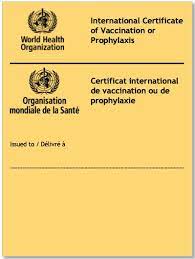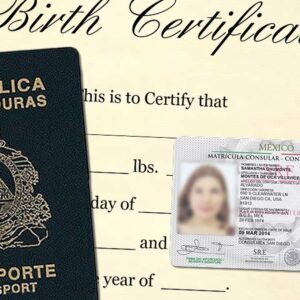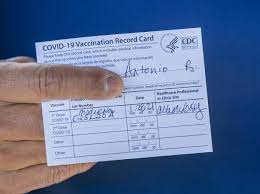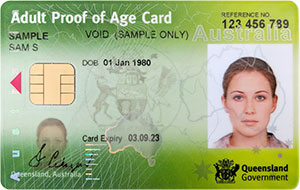A COVID Vaccine Certificate: Building on Lessons from Digital ID for the Digital Yellow Card | Center for Global Development | Ideas to Action
€685.00
A COVID Vaccine Certificate: Building on Lessons from Digital ID for the Digital Yellow Card
Introduction
In the midst of the global COVID-19 pandemic, the need for a reliable and universally accepted COVID vaccine certificate has become increasingly important. Such a certificate would enable individuals to prove their vaccination status, allowing for the safe resumption of travel, work, and social activities. To develop an effective system, it is crucial to draw upon the lessons learned from digital identification systems and adapt them to create a secure and accessible digital yellow card.
The Significance of a COVID Vaccine Certificate
Enabling Safe Travel
As countries gradually reopen their borders, the ability to demonstrate vaccination status becomes crucial for international travelers. A COVID vaccine certificate would provide a standardized and reliable means of verifying an individual’s immunization status, eliminating the need for multiple paper-based documents and reducing the risk of fraudulent certificates. This streamlined process would contribute to the safe resumption of international travel while protecting public health.
Facilitating Workplace Safety
In the context of returning to work, a COVID vaccine certificate can play a vital role in ensuring workplace safety. Employers can request proof of vaccination from their employees to create a secure and healthy working environment. By implementing a digital certificate system, the process becomes efficient and convenient, allowing for seamless verification and reducing administrative burdens. This approach helps safeguard the well-being of employees and contributes to the overall recovery of the economy.
Supporting Public Health Initiatives
Effective contact tracing and surveillance are essential in containing the spread of COVID-19. A digital vaccine certificate system can integrate with existing public health initiatives, enabling efficient contact tracing efforts. By linking vaccination status to digital records, health authorities can quickly identify and notify individuals who may have been exposed to the virus. This integration enhances the overall effectiveness of public health strategies and contributes to controlling outbreaks.
Lessons from Digital Identification Systems
Privacy and Security Considerations
Privacy and security concerns are paramount when developing a COVID vaccine certificate system. Drawing on lessons learned from digital identification systems, it is essential to implement robust privacy protection mechanisms. This includes adhering to strict data protection regulations, employing encryption techniques, and ensuring secure storage and transmission of sensitive information. Transparent policies and consent processes should be established to build trust and address privacy concerns.
Interoperability and Standardization
To ensure the widespread acceptance and usability of a COVID vaccine certificate, interoperability and standardization are crucial. Digital ID systems have successfully addressed this challenge by developing common technical standards and protocols. Similarly, a COVID vaccine certificate should follow international standards, enabling seamless verification across borders and facilitating interoperability between different systems. Collaboration and cooperation among governments, international organizations, and technology providers are essential to achieving this goal.
Inclusion and Accessibility
Digital ID systems have faced challenges related to inclusion and accessibility, particularly for marginalized populations. It is essential to ensure that the COVID vaccine certificate system is accessible to all individuals, regardless of their socio-economic background or digital literacy. Efforts should be made to provide alternative verification methods for those who do not have access to digital devices or the internet. By addressing inclusion and accessibility, the system can reach its full potential and serve the entire population.
Conclusion
A COVID vaccine certificate holds immense potential in enabling safe travel, promoting workplace safety, and supporting public health initiatives. By building on the lessons learned from digital identification systems, we can develop a secure, interoperable, and inclusive certificate system. Privacy and security considerations, along with interoperability and accessibility, must be at the forefront of the development process. With careful planning, collaboration, and adherence to best practices.
Be the first to review “A COVID Vaccine Certificate: Building on Lessons from Digital ID for the Digital Yellow Card | Center for Global Development | Ideas to Action” Cancel reply
Related products
ID cards
ID cards











Reviews
There are no reviews yet.